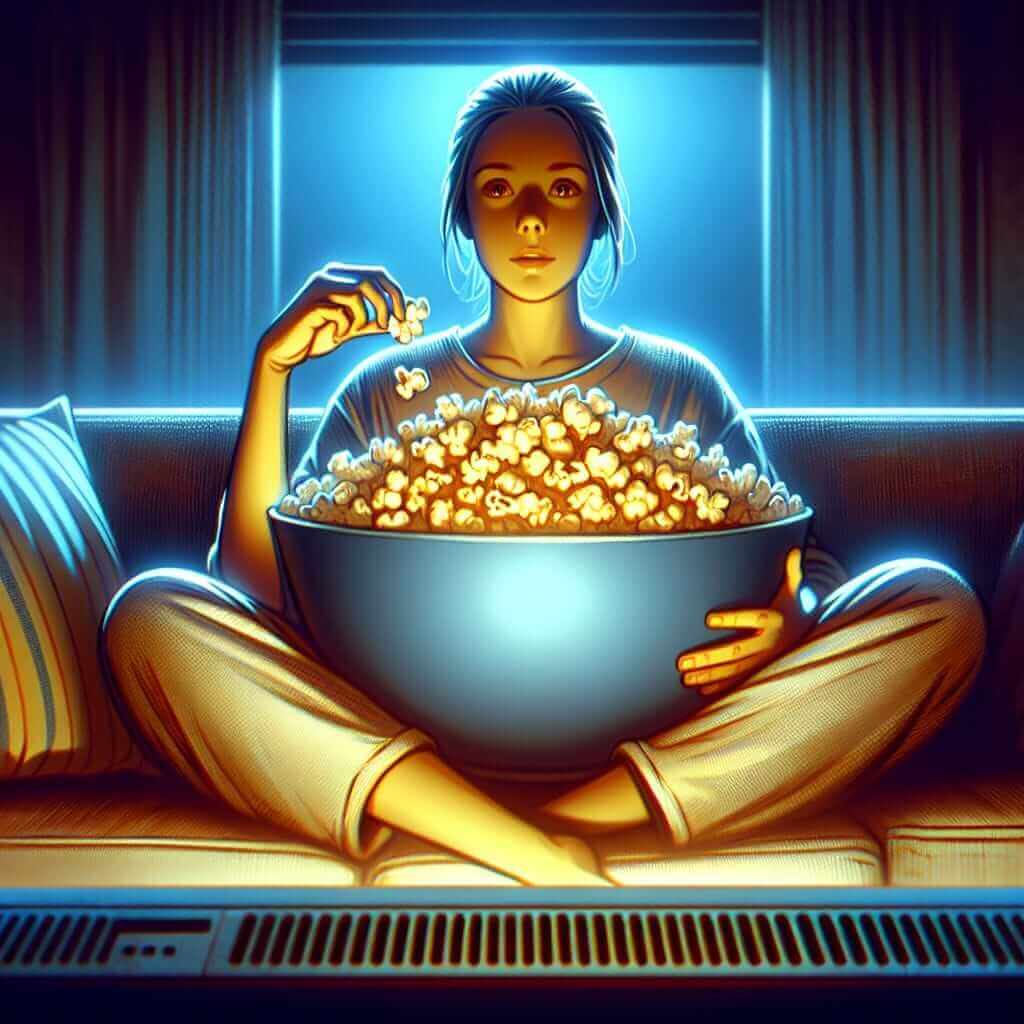As an IELTS instructor with over 20 years of experience, I often encounter students who underestimate the power of everyday topics in the IELTS exam. One such topic is how you watch movies. While seemingly simple, discussing your movie-watching habits can effectively demonstrate your vocabulary and grammar skills in both the Speaking and Writing sections. This article delves into how “watching movies” can feature in your IELTS exam and provides you with the tools to impress your examiner.
“Watching Movies” in IELTS: Why is it Relevant?
The IELTS exam assesses your ability to communicate effectively in English across various everyday situations. “Watching movies”, being a common leisure activity, offers fertile ground for showcasing your language proficiency. You might encounter this topic in:
- IELTS Speaking Part 1: Expect basic questions about your movie preferences, habits, and opinions.
- IELTS Speaking Part 2: You could be asked to describe a memorable movie experience or a film that influenced you.
- IELTS Writing Task 2: You might have to discuss the impact of movies on society, the pros and cons of streaming services, or even compare different film genres.

Mastering the Language of Film
To speak and write confidently about movies, you need a strong vocabulary. Here’s a breakdown:
General Movie Terms:
- Genre: Action, comedy, romance, thriller, science fiction, documentary, etc.
- Plot: The storyline or sequence of events in a movie.
- Characters: The people (or creatures!) in the film.
- Setting: Where and when the story takes place.
- Director: The person responsible for the artistic vision of the film.
- Cinematography: The art of making motion pictures.
- Soundtrack: The music and songs used in a film.
Ways to Watch Movies:
- Streaming services: Netflix, Amazon Prime, Hulu, Disney+
- Cinema: Movie theater, multiplex
- On-demand: Pay-per-view, rental services
- DVD/Blu-ray: Physical media players
Describing Movies:
- Engaging: Captivating, gripping
- Thought-provoking: Stimulating, insightful
- Moving: Emotional, touching
- Visually stunning: Beautiful, impressive to look at
- Fast-paced: Action-packed, exciting
Example IELTS Questions & Responses
Let’s look at some potential IELTS questions and sample answers:
Speaking Part 1:
Examiner: Do you enjoy watching movies?
You: Absolutely! I’m a huge movie buff. I find films to be a great way to unwind after a long day.
Examiner: How often do you watch movies?
You: I usually watch one or two movies a week, usually on streaming services like Netflix. It’s so convenient to have access to such a wide variety of films.
Speaking Part 2:
Describe a movie that you found particularly memorable. You should say:
- What the movie was about
- When and where you watched it
- Who you watched it with
- And explain why it was so memorable for you.
You: One movie that has stayed with me is “The Shawshank Redemption.” It’s a powerful story about hope and friendship set against the backdrop of a harsh prison. I watched it a few years ago with my father, and we were both deeply moved by the characters’ resilience and the message of never giving up on your dreams.
Writing Task 2:
Some people argue that watching movies is a waste of time. To what extent do you agree or disagree?
You: (Your essay would present a balanced argument discussing the potential benefits and drawbacks of watching movies, using relevant examples and vocabulary.)
Tips for Success
- Expand your vocabulary: Use a variety of words and phrases to describe your movie preferences and experiences.
- Practice speaking about movies: Talk to friends, family, or language partners about films you’ve seen.
- Pay attention to grammar: Use a range of grammatical structures accurately.
- Be specific: Provide details and examples to support your answers.
Remember, the IELTS exam is not about showcasing your knowledge of specific movies but rather your ability to communicate effectively in English. By familiarizing yourself with movie-related vocabulary and practicing your speaking and writing skills, you’ll be well-equipped to impress the examiner and achieve your desired IELTS score!